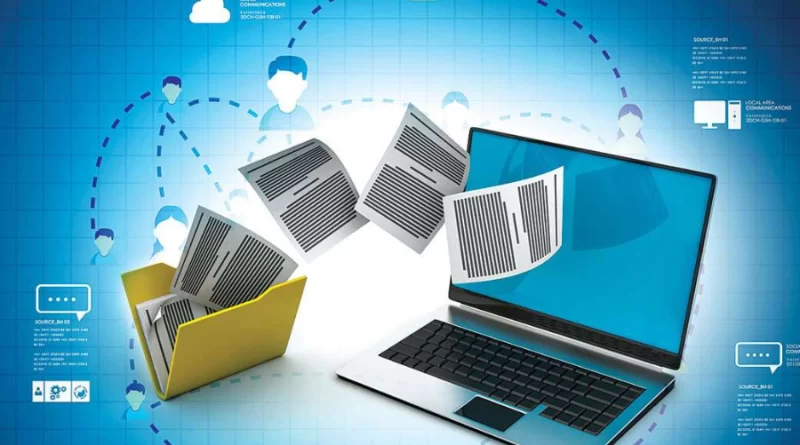Dematerialisation Vs Physical Securities – Which is Better for Investors
There is an entire generation of investors who have only ever invested in the securities market through a digital trading and demat account.
However, a few decades ago, trading was carried out on the floor of stock exchanges by way of an open outcry system, and the securities thus purchased and sold were in paper or material form.
With the introduction of dematerialisation, the entire process of trading has been streamlined, benefitting all the parties involved therein.
In this article, we shall discuss the meaning of dematerialisation, how it works, and the reasons why dematerialised securities are better for investors as compared to physical securities.
Meaning Of Dematerialisation And How It Works
Let us start by discussing the dematerialization meaning. Before the 1990s, the trading process in the Indian securities market was based on the transfer of physical certificates and contract notes.
Not only did the process entail substantial time, effort, and cost but it also required the safe storage of physical share/ bond certificates by investors. In order to address this issue, the Depositories Act was enacted in 1996 and the National Securities Depository Limited (NSDL) was established.
Since all the securities sold before the establishment of the NSDL were in the form of physical certificates, investors were offered the facility of dematerialisation. Consequently, investors could request the conversion of the physical securities held by them into a dematerialised form and hold them into newly opened demat accounts. Nowadays, the concept of dematerialisation and demat accounts are central to the trading process.
Why Is Dematerialisation Better Than Physical Securities
Now that we have discussed the meaning of dematerialisation, let us discuss why dematerialised securities are more beneficial for investors than physical securities.
1. Quicker And More Transparent Transactions
Through the process of dematerialisation, trading in the securities market has become quicker and transactions can be settled sooner. Gone are the days when it could take up to 30 days for the issuance of share certificates. Now, most securities have a settlement cycle of T plus 1 day.
Another advantage of dematerialised securities is the high degree of transparency. There is minimal, if any, scope for any error in the securities certificates. Notably, the opposite is true for physical securities certificates which are prone to human error.
2. Secured And Hassle-Free Storage Of Securities
With the dematerialisation of securities, they can be stored in a demat account. Such an account is a digital instrument with protected access. Only those with the User ID and password for the account can access the account and the securities therein.
Therefore, securities held in a demat account are relatively safe from unauthorised access. On the other hand, physical certificates of securities are much more vulnerable to theft, damage by the elements (including deterioration of the paper), and misplacement.
3. Ease Of Access To Securities
When your securities are held in a dematerialised form in your demat account, you can access them whenever you wish to. It is easy to check the till date gain/ loss on various individual securities as well as the entire portfolio.
With such information handy, you can make the required investment decisions with respect to the recalibration of the portfolio. If you hold physical securities, however, you have to locate each individual certificate to check the purchase price and assess the gain by comparing it to the prevailing market price.
4. Convenience In Selling Securities
Dematerialised securities are easier to sell as compared to their physical counterparts. If you wish to sell, say, some equity shares held in your demat account, you can easily raise an e-DIS request and initiate the sell order. Those shares shall be debited from your demat account within T plus 1 working days, and the sales proceeds shall be credited to your trading account. In stark contrast, it is much more difficult to sell physical securities.
To Sum It Up
The application of the concept of dematerialisation has virtually revolutionised the Indian securities market. Investors can simply open demat account and trading account and start trading with ease through official trading platforms.
Dematerialised securities are easy to store, access, and sell. We hope that the above information on the meaning of dematerialisation and its benefits has been informative.

